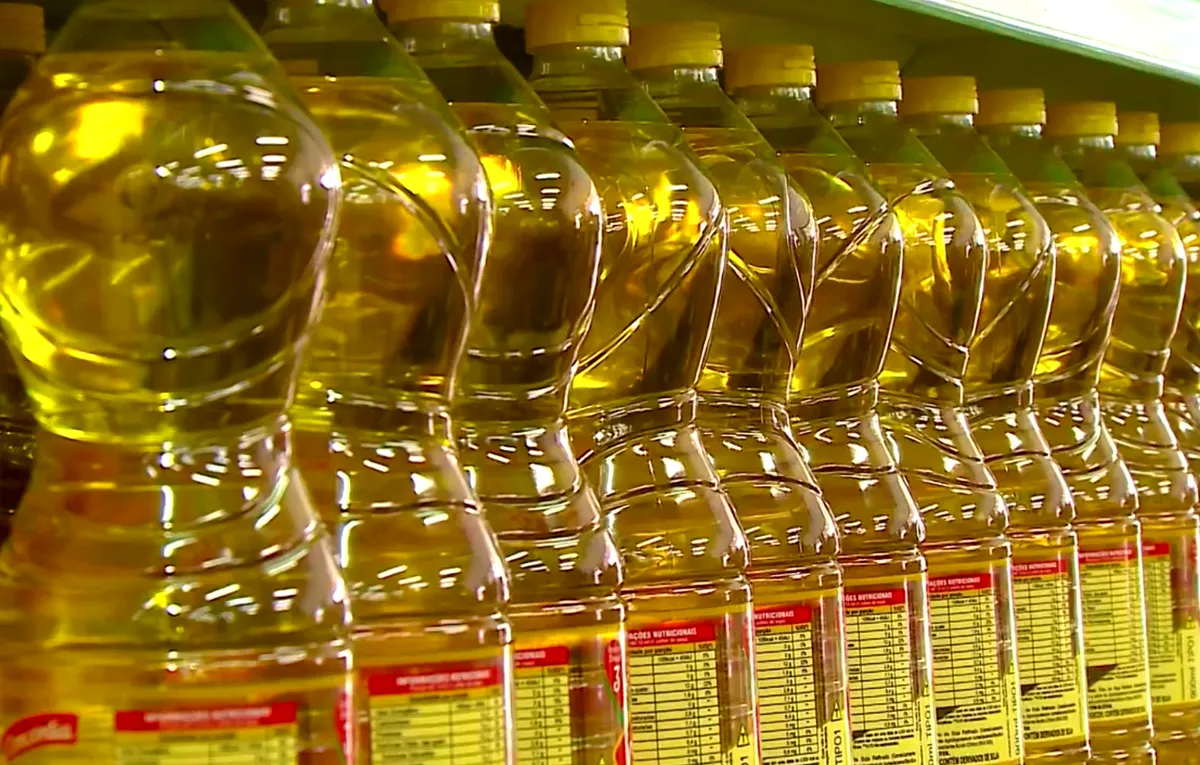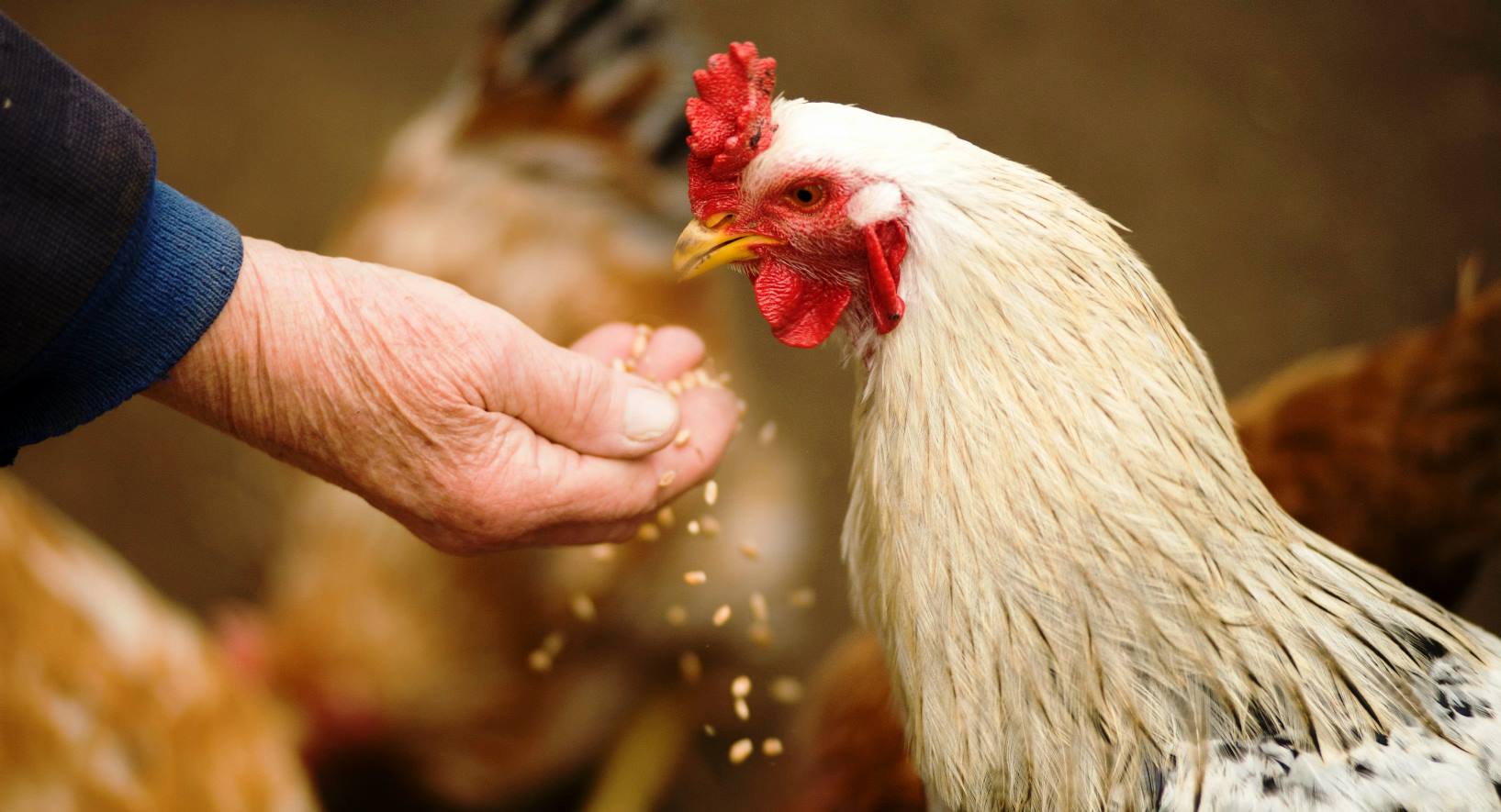
Contents
In a world increasingly connected by technology and global trade, food commerce plays a vital role in ensuring food security and economic growth. Brazil, as a world leader in sugar production and exports, has built strong partnerships with African nations by supplying high-quality sugar that meets the growing demands of the continent.
This expanding relationship isn’t just about trade — it’s about trust, logistics efficiency, and delivering what matters most to industries and populations: reliability.
In 2024, Brazil exported a record 32.14 million metric tons of sugar between January and October, surpassing the 31.3 million exported in all of 2023
→ Source: AgriInsite
Africa remains a strategic market, with Egypt, Nigeria, and Ghana among the top importers
Demand for refined sugar (ICUMSA 45) and VHP sugar continues to rise, driven by population growth and industrialization
Highly refined with over 99.8% purity, ideal for household consumption and food manufacturing.
Raw, less refined sugar primarily used in local refineries as base material.
Larger crystal form used across baking and the food industry in general.
 Egypt
EgyptWith a growing population, Egypt is one of Brazil’s largest sugar importers, using it to secure national food supplies.
 Nigeria
NigeriaImporting nearly 5% of Brazil’s African-destined sugar, most transactions involve companies authorized by Nigeria’s central bank.
 Ghana
GhanaA fast-growing economy that uses Brazilian sugar in its expanding food and beverage sectors.
 Ivory Coast
Ivory CoastKnown for cocoa exports, it also consumes significant volumes of Brazilian sugar for industrial processing.
 Somalia
SomaliaSugar plays a key role in the Somali diet, making Brazil a key supplier.
Importers access the Mello Commodity website and fill out the quote forms (RFQ), including type of sugar, quantity, port of destination and payment method.
Mello Commodity delivers a customized offer including prices, timelines, and contract terms.
Once the proposal is accepted, a Sugar Purchase Agreement (SPA) is signed, followed by logistics arrangements and shipping documentation.
Network of 27+ certified mills in Brazil
Strong experience in African markets
Full compliance with international trade norms
Dedicated customer support throughout the buying process
The educational articles on the Mello Commodity Blog aim to guide international buyers with news, alerts, market information and data on the harvest and production of Brazilian agricultural commodities.
Some articles may contain affiliate links that provide access to several SUPPLIER GUIDES for Brazilian agricultural commodities. The commission paid to the Mello Commodity team is used to cover production costs and will not impact the cost of acquiring the material.
If you are interested in negotiating the direct import of sugar, soybeans or yellow corn, simply click on the Quotation menu and send us information about your item.

Brazilian, graduated in Marketing, Specialist in Service Management and Strategic Communication.
Important International Negotiator in the commercialization of Brazilian agricultural commodities such as: Sugar, Soybeans and Corn.
Owner of Mello Commdity, she has gained great prominence on the internet in recent years by promoting educational articles for importers of Brazilian agricultural commodities.
 Bangladesh Sugar Imports: A Global Success Case Study
Bangladesh Sugar Imports: A Global Success Case Study Coup plotters are everywhere in international trade. Protect your international businesses with the Agricultural Commodities Suppliers Guide
Coup plotters are everywhere in international trade. Protect your international businesses with the Agricultural Commodities Suppliers Guide Oil Exporters in Brazil – Business Opportunities and Global Markets
Oil Exporters in Brazil – Business Opportunities and Global Markets Avian Influenza in Brazil: What You Need to Know in 2025
Avian Influenza in Brazil: What You Need to Know in 2025